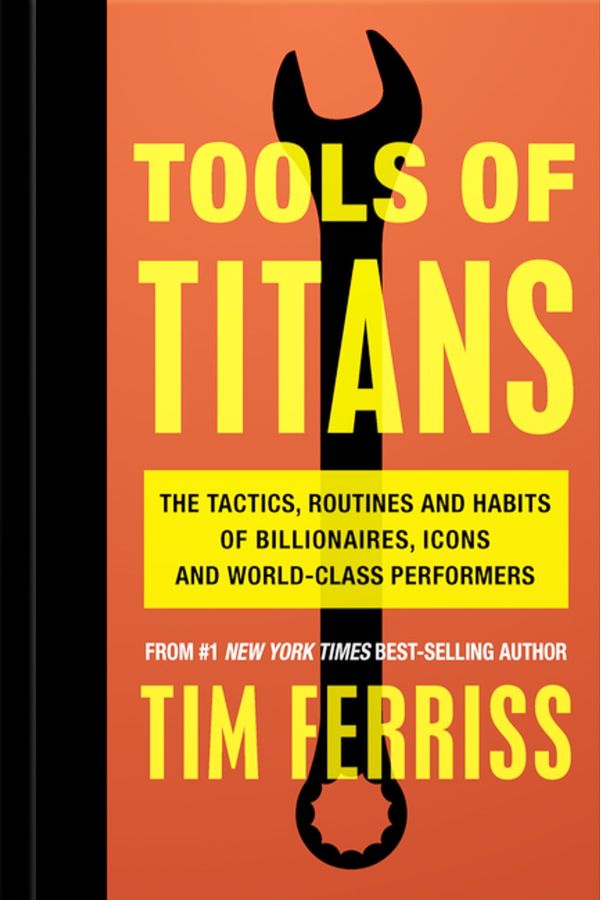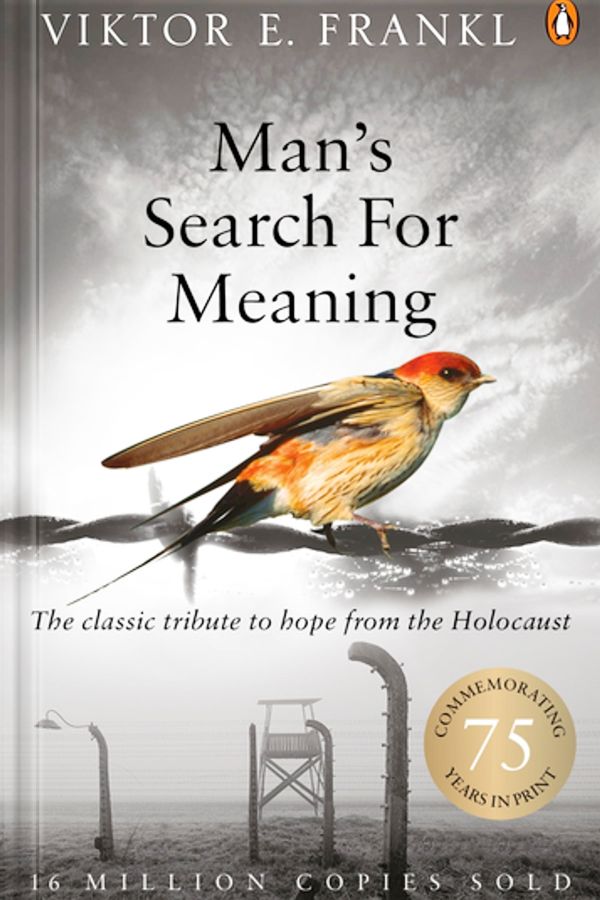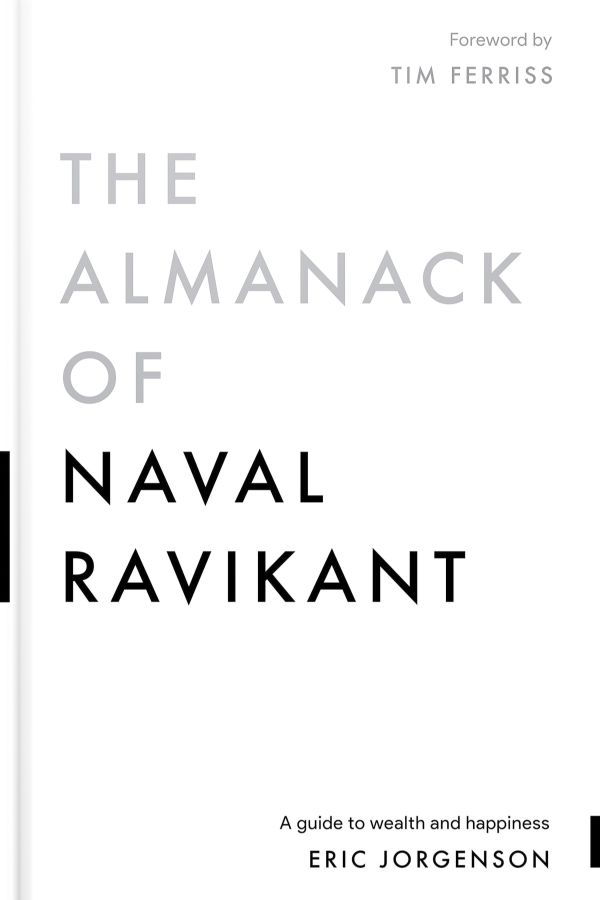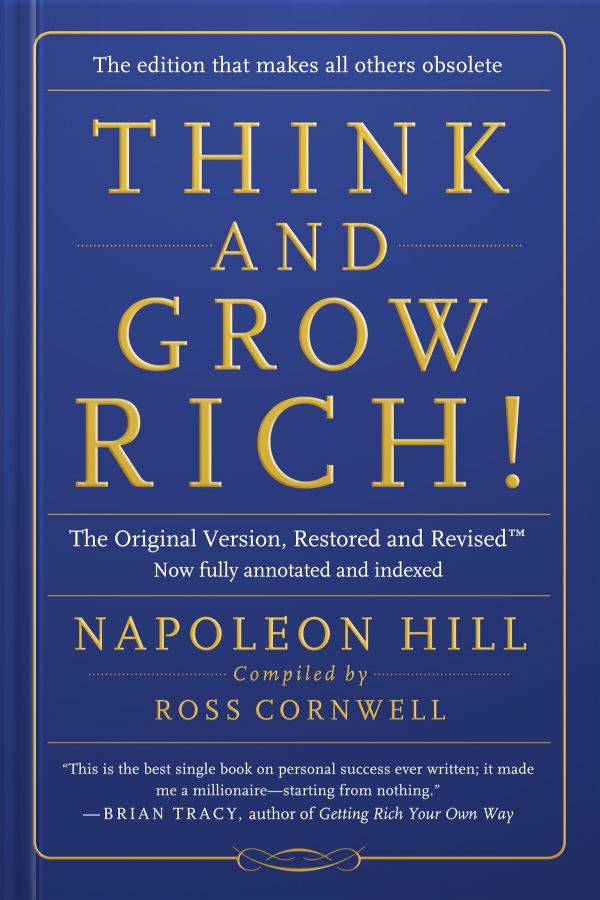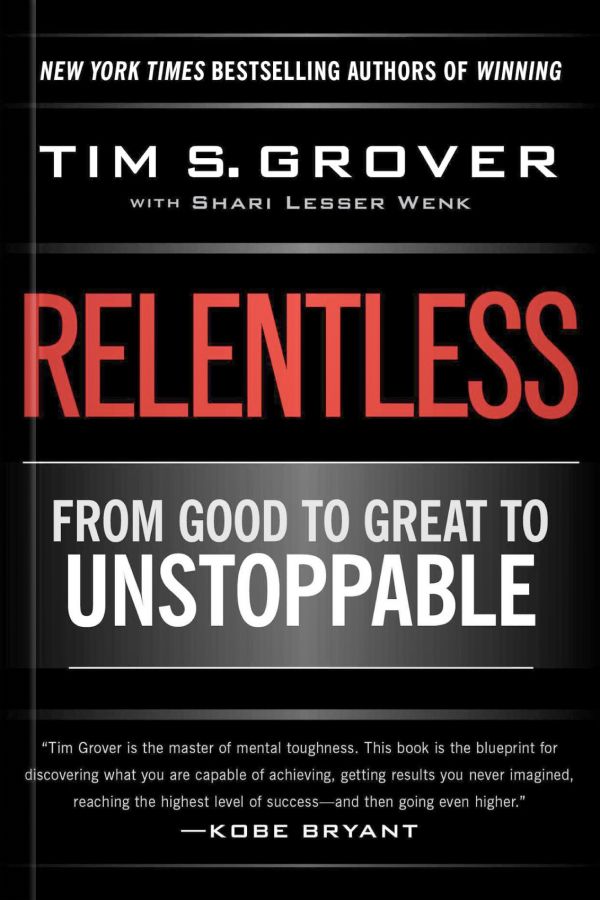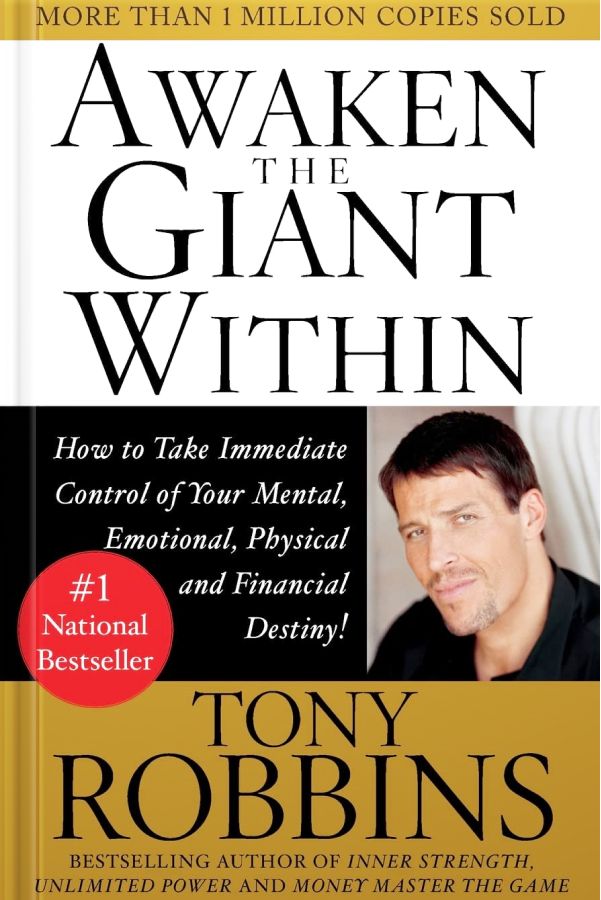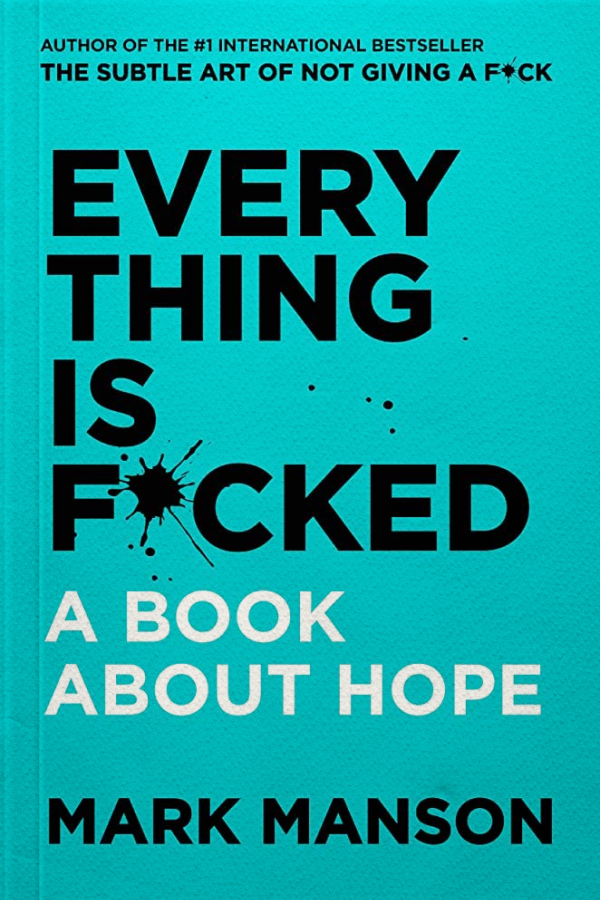
Everything is F*cked by Mark Manson
1. Hopelessness: The True Adversary of Happiness
Contrary to common belief, happiness is not the antithesis of anger or sadness but hopelessness.
When we lose hope, we surrender to an everything-is-fucked mindset, rendering us uninterested and detached.
Manson compellingly illustrates this by stating:
“When we lose hope, we submit to the world and become uninterested in anything.”
It is a poignant reminder that holding onto hope is essential for mental wellness.
2. The Dichotomy of Thinking Brain and Feeling Brain
Manson introduces two critical components of our mental machinery: the Thinking Brain and the Feeling Brain.
The Thinking Brain symbolizes our conscious thoughts, logical decisions, and comprehension, while the Feeling Brain represents our emotions, impulses, and desires.
It's like a tug-of-war where both elements constantly vied for control, creating an internal balance of power.
3. The Emotional Driver of Inaction
We often fail to do things we know we should simply because we don't feel like it.
Our Feeling Brain, with its propensity for immediate gratification, often overpowers the rational Thinking Brain.
Manson nudges us towards steering our Feeling Brain towards actions that feel good and promise a brighter future.
He suggests
“You need to start suggesting new acts to your Feeling Brain that feel good and will eventually lead to a brighter future if you want to experience inner peace and joy.”
4. The Inescapable Pain of Change
Manson emphasizes the inevitability of pain in the process of change.
Growth and discomfort are two sides of the same coin. To metamorphose into a better version of ourselves, we must grieve the loss of who we once were.
Manson writes:
“There is no such thing as change without pain, no growth without discomfort.”
5. The Dominance of Feelings in Our World
According to Manson, the world runs on feelings, and we tend to replace one pain with a less intense one or evade pain by diverting our attention.
Manson illustrates:
“Instead of studying for your exam, you watch Netflix. Instead of working out, you eat a crunchy chocolate crispy meal.”
Feelings, then, are the key drivers of our actions and choices.
6. The Power of Unconditional Love
Manson encourages us to love and respect others without expecting anything in return, which is the key to personal growth and emotional maturity.
"You must respect someone without expecting anything in return; otherwise, you don't truly respect him,"
He states, urging us to embrace unconditional love.
7. The Pursuit of Betterment
Instead of hoping for better, Manson implores us to be better. We can improve as parents, partners, friends, and citizens by adopting compassion, resilience, humility, and discipline.
As Manson puts it:
“Don't Hope for Better. Just Be Better.”
8. Nontransactional Priorities for Life
Life's most essential aspects are nontransactional, meaning they cannot be bought.
Manson suggests focusing on emotional happiness derived from good relationships, meaningful work, and healthy habits.
These non-materialistic pursuits can bring us lasting fulfillment and joy.
9. Pain: An Essential Stepping Stone for Growth
Manson advocates embracing pain rather than avoiding it. Pain is not a foe but a catalyst for growth.
According to him:
“Learn to adore pain because only pain will help you grow up and grow stronger.”
It's a hard pill to swallow but necessary for personal development.
10. Self-improvement: The Key to a Better World
The only reliable way to improve the world is through self-improvement.
Manson insists that by making sound, long-term decisions that positively impact others, we can bring about change.
His words remind us:
“The only logical way to improve the world is through improving ourselves, there is no other way.”







